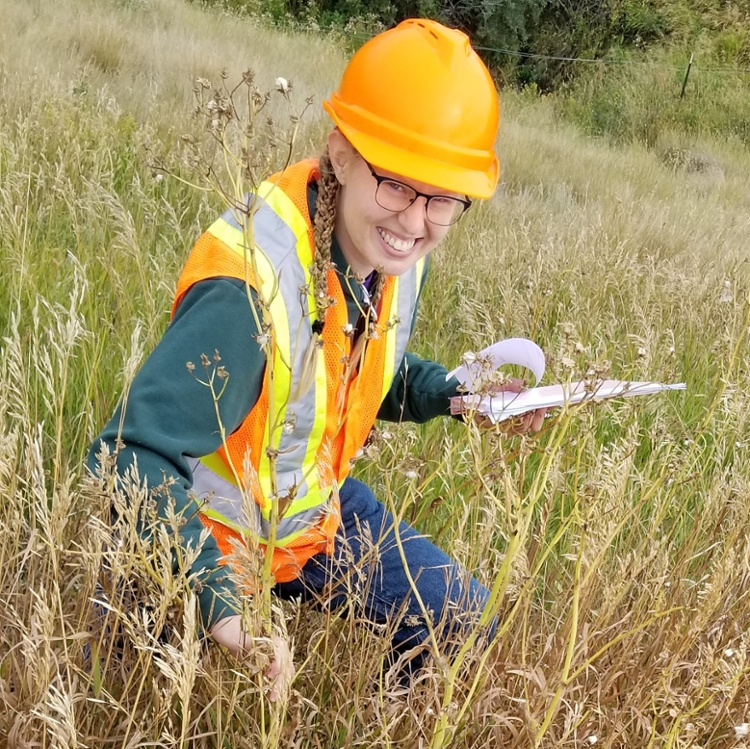
8 things to know about the Engineering Co-op Internship program
FROM THOROUGH MAGAZINE: USask launched its new Engineering Co-op Internship Program in September 2020.
By USask Engineering CommunicationsThe co-op program at USask Engineering builds on the success of the Engineering Professional Internship Program (EPIP). Founded in 1996, the EPIP placed nearly 1,000 students into work placements across Canada, with a focus on Saskatchewan and Alberta.
Key changes that students have seen with the new co-op program center on flexibility, preparation and mentorship. The program is designed to be as inclusive as possible to allow the greatest number of engineering students the opportunity to participate in work placements.
The placements help students see how their classes connect to real-world engineering. Plus, they get a head start on learning professional skills – such as problem solving and collaboration – that help them stand out when they begin their careers.
Here are eight key things to know about the new Engineering Co-op Internship Program.
1. Students can now do four-month work terms.
Although both students and employers value long-term placements of eight, 12, and 16 months, co-op now includes a four-month summer option, so students can access the program earlier in their degree. The four-month option also adds greater flexibility for employers.
2. Students can do a work placement after completing their second year of engineering.
Plus, they may choose to do more than one work placement, which only extends their undergraduate degree by one year.
3. Each student will have their own mentor during their work placement.
Students are assigned a P.Eng. mentor through the College of Engineering, in addition to receiving in-depth supervision from their employer at their workplace (See Are you mentor material? below.) Through formal and informal conversations, mentors provide support and advice as students transition from school to a professional workplace.
4. Students prep for their placements by taking the Introduction to Engineering Co-operative Internship course.
This one-credit course helps students hone their communication and professionalism skills and also covers workplace expectations and etiquette. They also learn about how to prep for job searches and interviews and where and how to look for work. The goal is to provide students with skills they’ll need as they begin their careers.
5. The college supports students throughout their work placements.
Program coordinators stay in touch with students to maintain their link with the college and ensure students know where to bring their questions. The coordinator also engages each student in reflective learning throughout their placement with ongoing assignments. These build on what students learned in the prep course about reflection and its role in their growth as young engineers.
6. Students still earn work experience that counts toward their P.Eng. designation.
As with the EPIP, a student may be able to gain up to 12 months of pre-graduation work experience that can be applied towards their future application to become a licensed professional engineer.
7. The USask Engineering co-op program is not a mandatory requirement to graduate.
Completing one or more co-op work terms helps USask students compete with students from other engineering programs where co-op is mandatory. However, if a USask student isn’t able to secure a work placement, they are still able to graduate.
8. The co-op program helps employers discover future talent.
Employers consider co-op students and interns as part of their talent pipelines. By hiring a student, they can go through a trial period that could result in future employment. Having a student in the workplace is also an opportunity to build or enhance a company’s brand amongst other students on campus.
Are you mentor material?
Mentors make our co-op program better. Here are the highlights of what we need. Learn more at engineering.usask.ca/co-op
We are looking for professional engineers who:
- Want to help students apply their classroom knowledge in professional workplaces
- Are open to helping students navigate potential interpersonal challenges during their work placements (e.g. How to handle conflict in the workplace).
- Will provide constructive feedback on student reflection assignments
- Will share their own experiences about transitioning to an engineering career
What’s expected:
- Be a mentor for the first eight months of at least one student’s work placement
- Read each student’s career reflection assignment and provide feedback
- Have at least three conversations with each student (either in-person or virtually)

